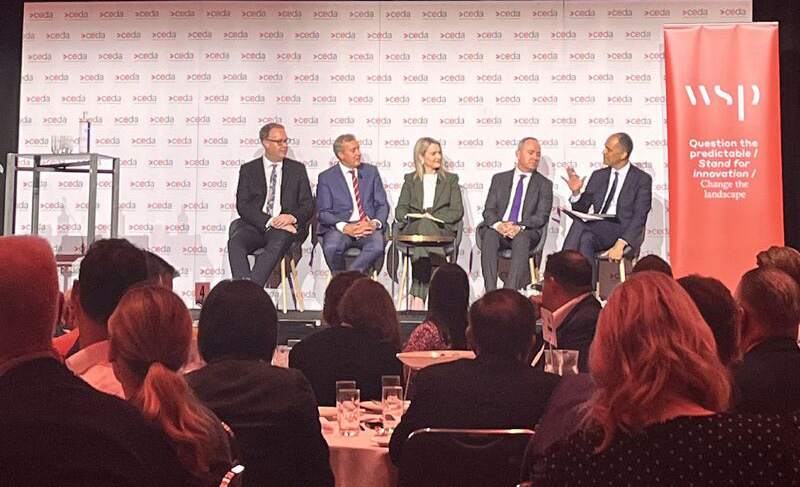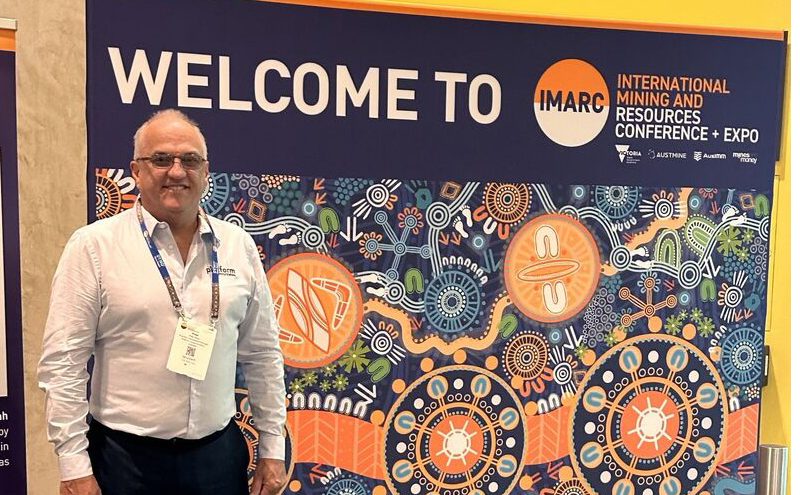Just scraping the surface of the conference market uncovers a plethora of potential marketing and networking opportunities and it’s easy to get carried away and book your calendar up with registrations.
But before you do, take a step back and have a think about which ones will best serve your purpose.
Firstly, think about your target market
Who are you ideally aiming to sell your product or service to? Think about what sort of conferences they will be at. Be aware that these conferences may not be the first ones that come to mind for you to attend, but thinking outside of the box in terms of ways to engage your target market is key. Ask conference organisers for attendee demographics before committing.
Ask yourself if the conference is “too niche”
This point is a progression from the first. Most of us like to stay in our comfort zone and socialise with like-minded people. Don’t be fooled, there are many conferences which leverage this tendency. For argument’s sake, let’s assume your company specialises in selling dongas specific for FIFO camps. It may be tempting to book a booth at a construction-focused conference because, after all, that’s the business you’re in, right? Wrong. The business you’re in is selling to mining companies and their service providers so you need to play in their sandbox. Again, think about your target market; are mining service providers likely to go to a construction conference? No.
Justify the cost
Booking a booth and registering all of your senior management to attend a conference you are certain is the right fit for your business is pricey, especially if you’re not a large company. Instead of going down this traditional route think of other ways you can benefit from attending that same conference. Is there an opportunity to collaborate with another company, perhaps one you’ve worked with before, to save on costs? Also think about which team members are likely to get the most out of attending the conference and come away with potential leads.
Look for speaking opportunities
It’s easy to walk past a booth on the exhibition floor and not take much notice – unless there are enticing giveaways of course! In contrast, if you’re able to secure a speaking spot it’s a lot harder for the captive audience sitting in a theatre room to ignore what you’re saying. If you do decide to book a booth you’re guaranteed to get more visitors and engaging conversation before.
Plan your presentation
Let’s say you do secure a speaking opportunity. Make sure you plan your presentation in a way that engages the audience. Don’t assume that just because you have secured a speaking spot and people are paying to attend the conference they will listen to what you have to say. They won’t. Instead you need to carefully plan an engaging presentation which tells a story.
Create a “hit list”
Before you get to the conference make sure you know who you want to speak to and why. A lot of business is done on the sidelines of conferences so make sure you’re rubbing shoulders with the right people. Get yourself invited to the right networking events which take place outside of the conference program.
Finally, follow up
After a conference you should come away with pockets full of business cards which are all potential leads. Don’t let the connection die by forgetting to follow up. Send a quick personal email indicating the pleasure of having met the person at the conference and suggest a time for a coffee date in the future to talk further about opportunities.






